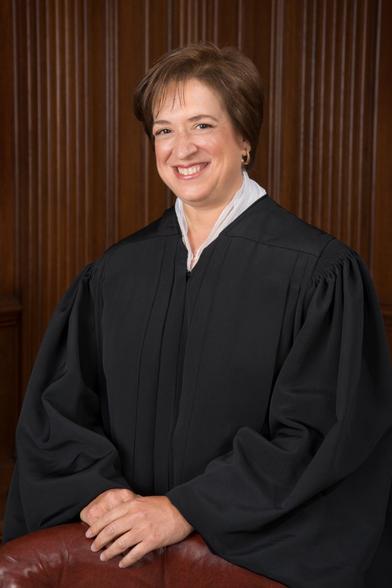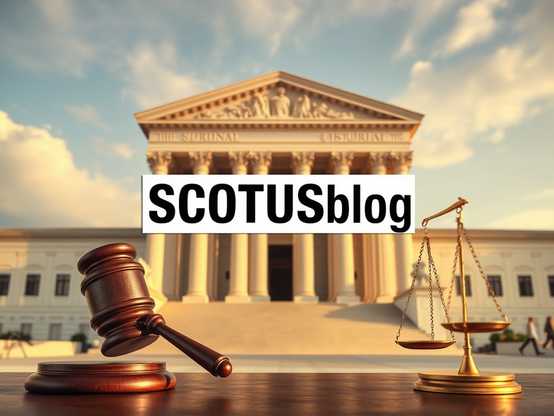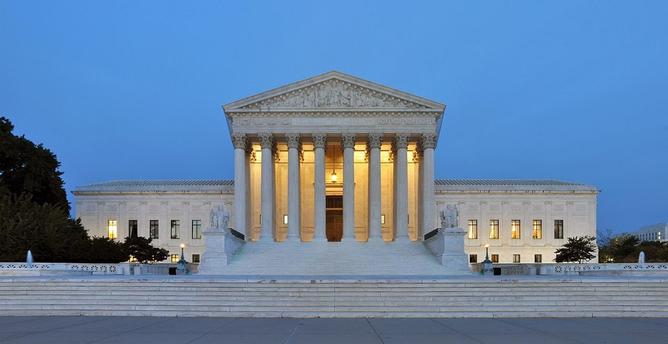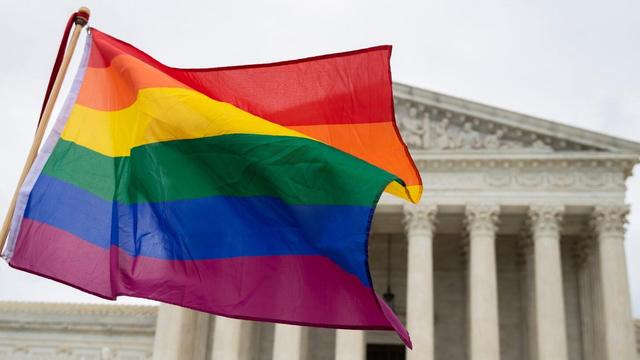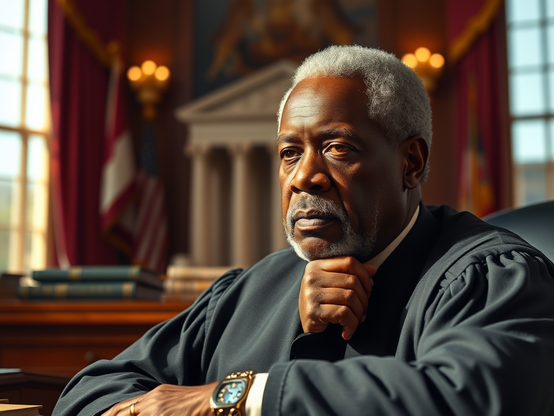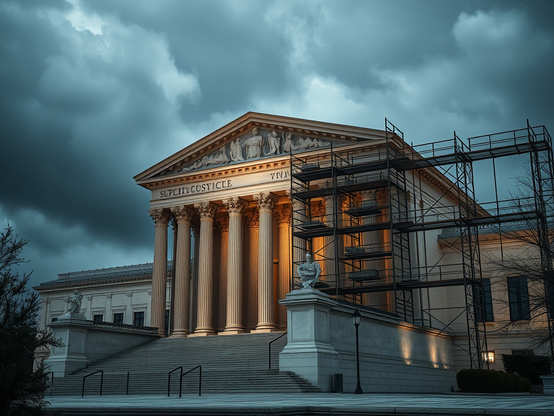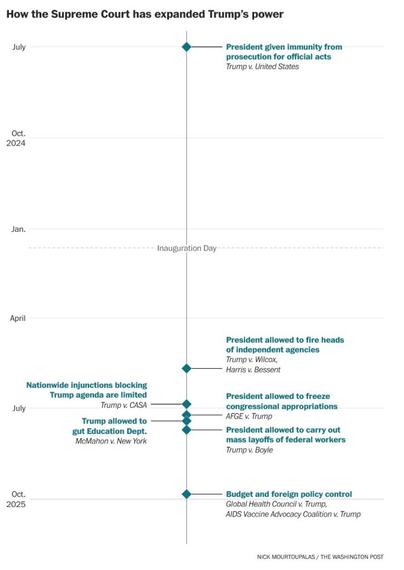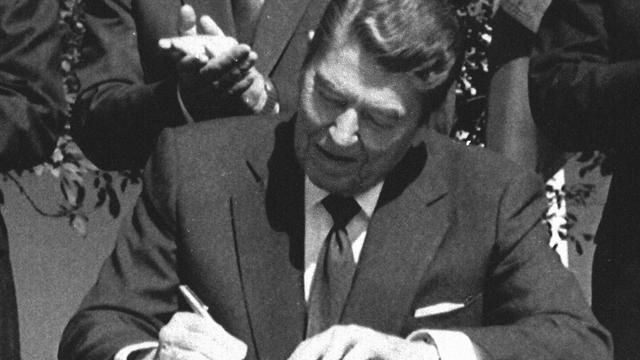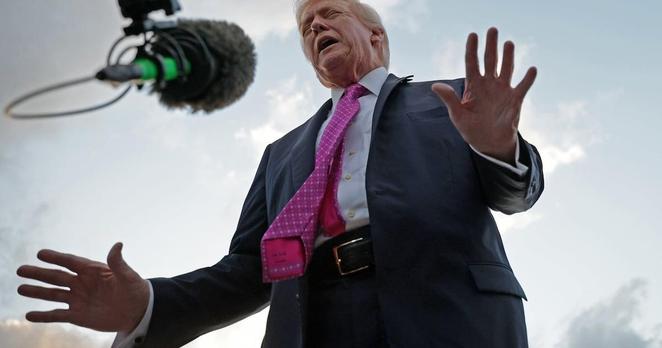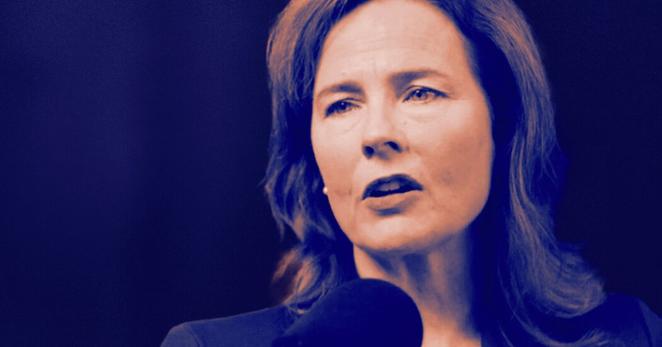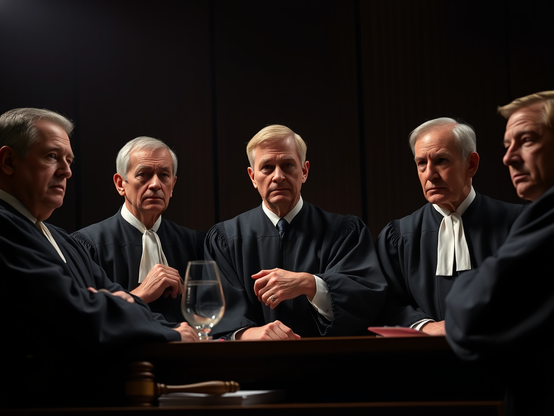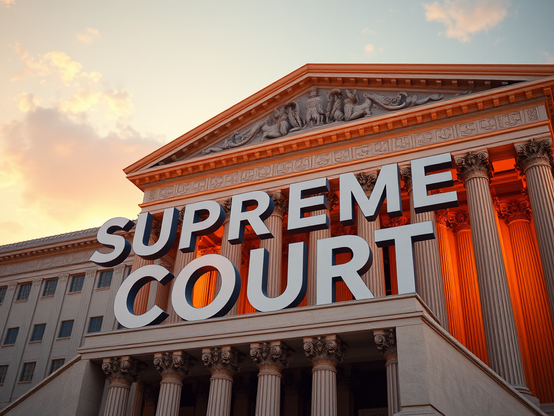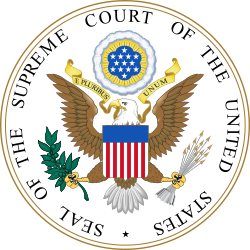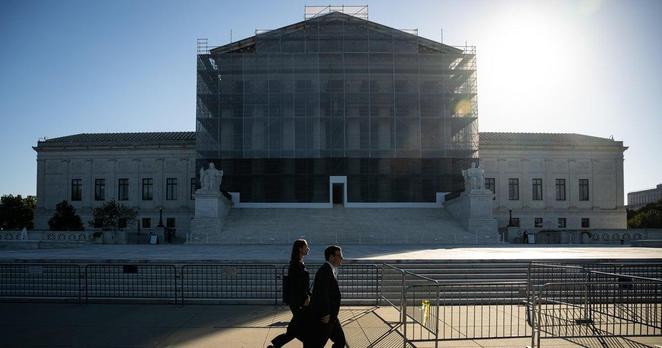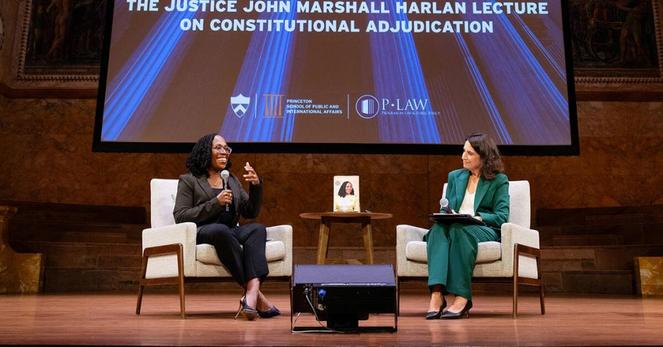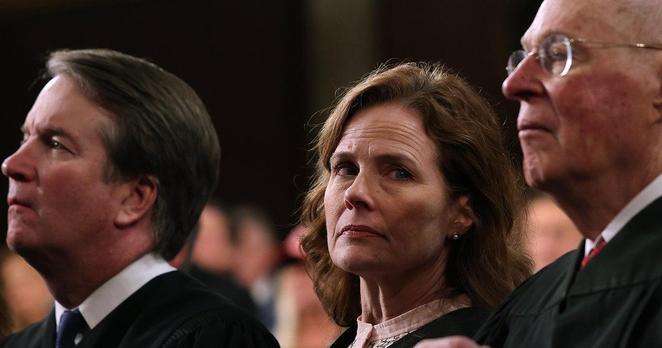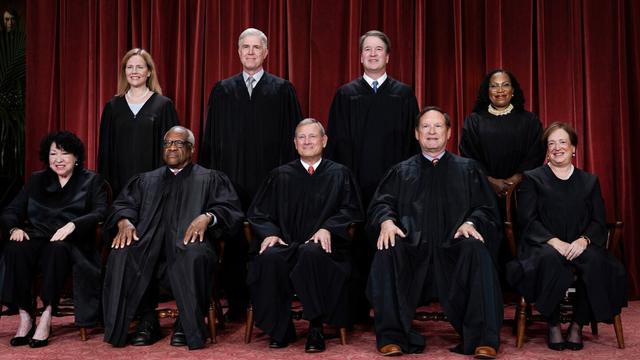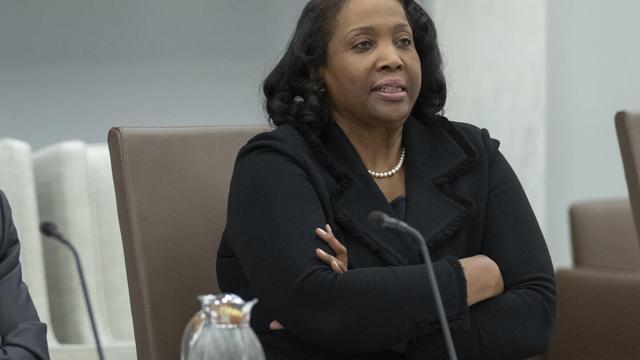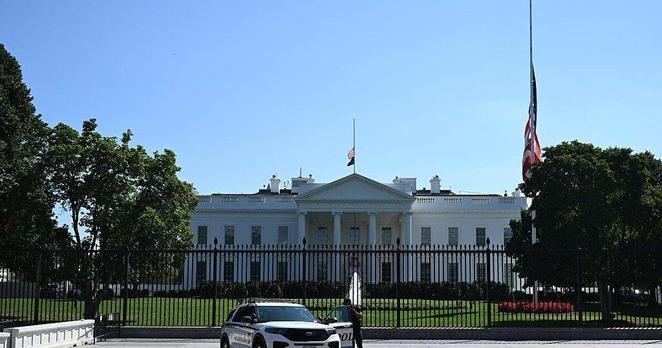Elena Kagan – Profile & Analysis
Elena Kagan – Profile & Analysis
By Steve Petteway, Collection of the Supreme Court of the United States – Elena Kagan – The Oyez Project, CC BY-SA 3.0, https://commons.wikimedia.org/w/index.php?curid=24636070Appointed by: President Barack Obama (2010), replacing Justice John Paul Stevens.
Ideological position: Generally part of the Court’s liberal wing on voting rights, reproductive rights, LGBTQ+ equality, and the administrative state.
Background
- Born in New York City in 1960; educated at Princeton, Oxford, and Harvard Law School.
- Served as a law professor and later Dean of Harvard Law School.
- Became the first woman Solicitor General of the United States before her Supreme Court appointment.
Judicial Style & Philosophy
- Pragmatic liberal: Usually votes with the Court’s liberal bloc, but frames her opinions in practical, institutional terms rather than in sweeping theory.
- Readable, accessible opinions: Known for clear, conversational writing aimed at lawyers and non-lawyers alike, often using concrete examples and occasional humor.
- Institutionalist focus: Emphasizes process, transparency, and the Court’s legitimacy, especially in how it uses its emergency or “shadow” docket.
Key Themes & Notable Opinions
- Voting rights & democracy: In cases like Brnovich v. Democratic National Committee, Kagan’s dissents warn that narrowing the Voting Rights Act weakens core protections for minority voters and harms democratic participation.
- Administrative state & regulation: Opinions such as Kisor v. Wilkie and dissents in cases like West Virginia v. EPA show her concern for giving expert agencies room to implement complex statutes while still keeping them accountable to Congress and the courts.
- Shadow docket criticism: Kagan has become one of the most vocal critics of the Court’s growing use of emergency orders to decide high-stakes disputes, arguing that unexplained late-night rulings undermine lower courts and public trust.
- LGBTQ+ rights: She joined the majority in Obergefell v. Hodges (same-sex marriage) and has continued to support LGBTQ+ protections, warning that broad exemptions risk hollowing out formal equality.
Role on the Trump-Era Court
In Donald Trump’s second term, the conservative supermajority has repeatedly expanded presidential power, particularly over independent agencies and the federal workforce, often through the emergency docket. Kagan has emerged as a leading critic of this trend. In dissents to emergency orders and major merits cases, she argues that:
- Congress, not the president alone, should control how agencies are structured and how their leaders can be removed.
- Large shifts in federal power should not be made through unexplained emergency orders.
- Weakening voting rights and dismantling regulatory protections threatens the democratic system the Court is meant to safeguard.
Bottom line: Justice Kagan is the Court’s institutionalist liberal voice—focused on protecting democracy, preserving Congress’s role, and insisting that the Supreme Court explain itself openly when it makes decisions that reshape American law and government.
Selected Sources & Further Reading
- Oyez, “Elena Kagan: Biography and Cases.”
- Justia, “Justice Elena Kagan – Biographical Profile & Opinions.”
- Elena Kagan, dissents in major voting rights and administrative law cases (e.g., Brnovich v. DNC, Rucho v. Common Cause, West Virginia v. EPA).
- Recent speeches and commentary on the Supreme Court’s emergency or “shadow” docket and judicial independence.
#2025 #apppointedByObama #elenaKagan #justiceKagan #profile #scotus #supremeCourt #supremeCourtOfTheUnitedStates
